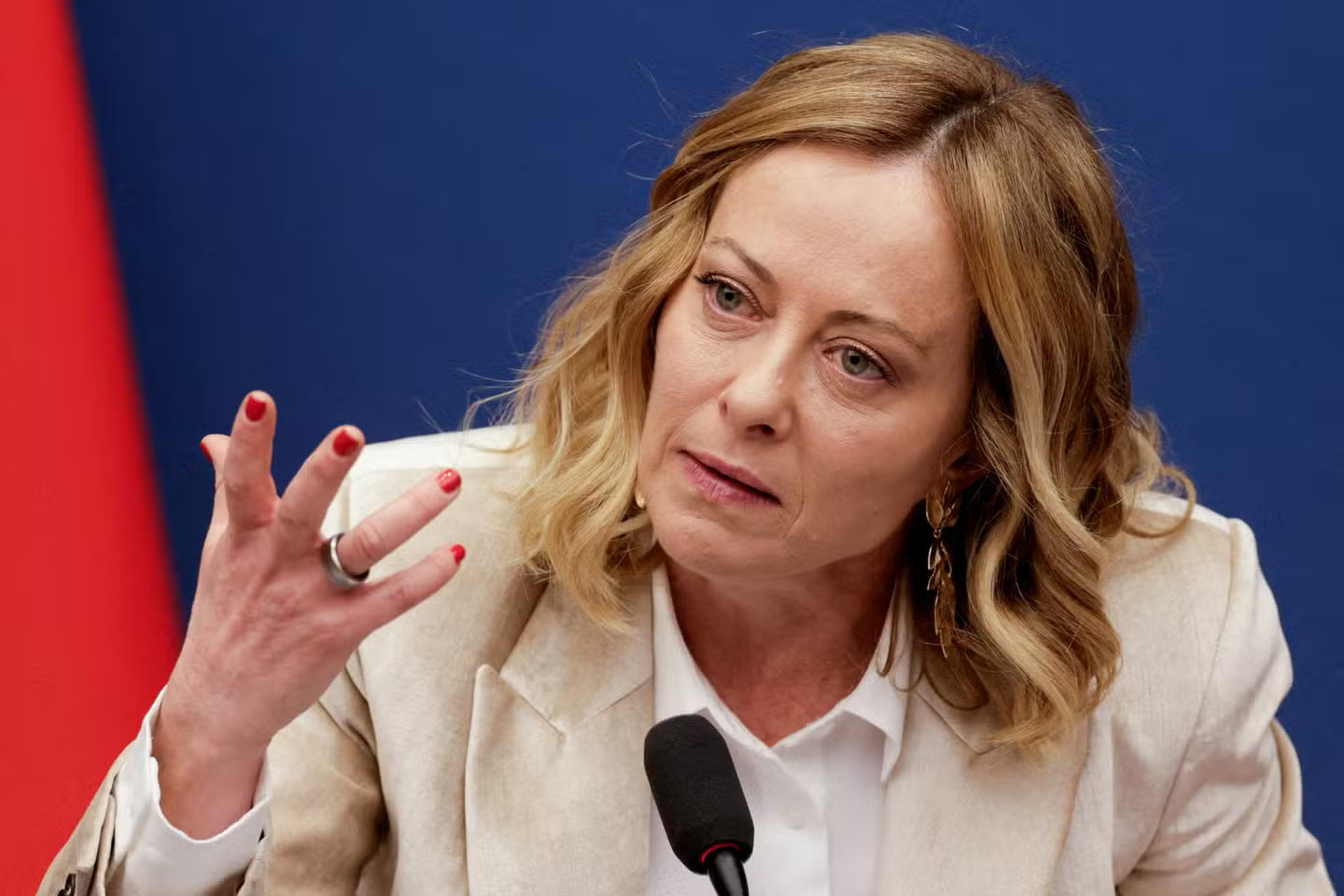Giorgia Meloni has revealed that she is under investigation over Italy’s unexpected release and repatriation last week of a Libyan general wanted for war crimes by the International Criminal Court (ICC).
In a video message posted on social media, the Italian prime minister stated that she is being investigated for aiding and abetting a crime, as well as embezzlement, in connection with the case of Libya’s chief of judicial police, Osama Najim—also known as Almasri.
Beneath the Instagram video, Meloni wrote: “What was true yesterday remains true today: I am not blackmailable, I am not intimidated. Onwards and upwards.”
The far-right leader said that Rome’s chief prosecutor, Francesco Lo Voi, had also placed under investigation Justice Minister Carlo Nordio, Interior Minister Matteo Piantedosi, and Cabinet Undersecretary for Intelligence Matters Alfredo Mantovano.
According to Meloni, the investigation stems from a legal complaint filed by Luigi Li Gotti, a lawyer and “former left-wing politician very close to [former prime minister] Romano Prodi,” who is well known for defending mafia informants.
She also pointed out that Lo Voi was the same prosecutor involved in the “failed trial” against Deputy Prime Minister Matteo Salvini.

Giorgia Meloni (Photo: Remo Casilli)
Salvini, the leader of the far-right League party, was acquitted in December of kidnapping and dereliction of duty charges after blocking a migrant rescue ship from docking in an Italian port in 2019, leaving those onboard stranded at sea for days.
Italy’s decision to release Najim last week sparked widespread controversy. The Libyan general is wanted by the ICC on allegations of war crimes and crimes against humanity, including rape and murder.
Najim was initially arrested in Turin based on an ICC-issued warrant but was unexpectedly released on a legal technicality and swiftly repatriated, where he received a hero’s welcome.
Rome’s court of appeal did not validate the ICC warrant, as the city’s attorney general ruled the arrest to be “irregular” since it had not been preceded by discussions with Nordio.
Piantedosi defended the decision, stating that Najim was sent back to Tripoli because he “posed a profile of social dangerousness.”
Najim is accused of committing crimes while overseeing Mitiga prison, a facility near Tripoli condemned by human rights organizations for the arbitrary detention, torture, and abuse of political dissidents, migrants, and refugees. Many migrants and refugees have provided evidence against him to the ICC.











































